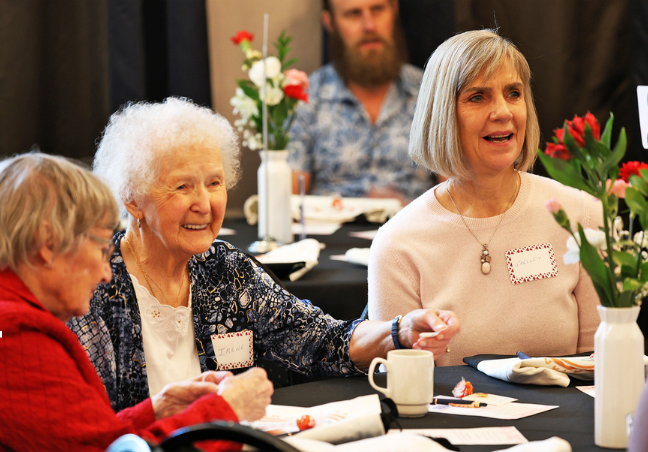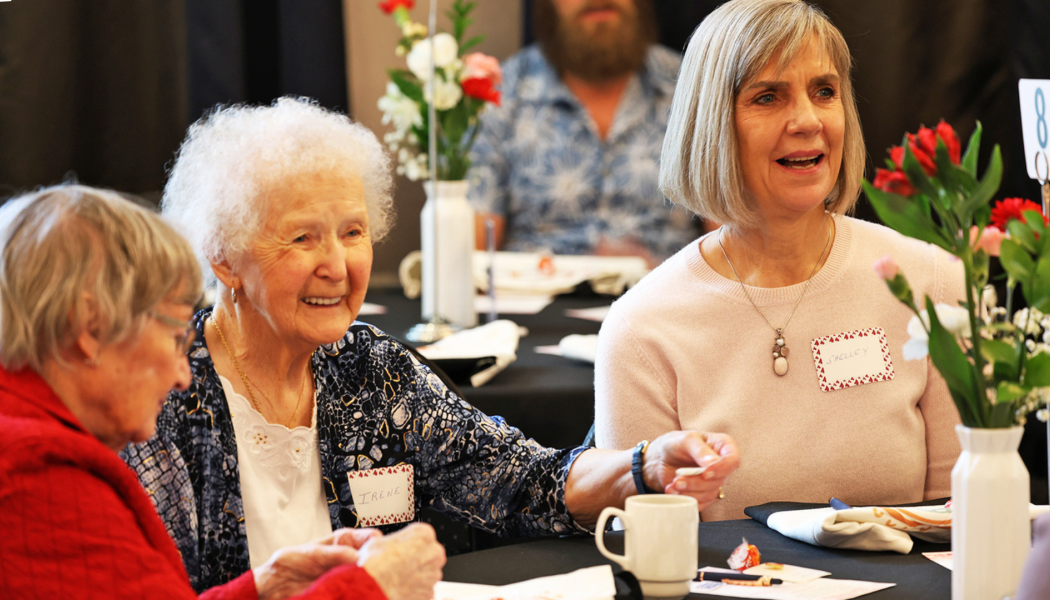Every 30 minutes, one older adult in B.C. is hospitalized for fall-related injuries. Each day, one older adult dies from a fall in B.C.
Falls are the leading cause of injury-related deaths and hospitalizations for adults aged 65 years and older. Falls can lead to fractures (broken hip or broken ankle), head injuries, loss of mobility and independence, long-term disability and reduced quality of life.
Falls are not an inevitable part of aging! While the highest percentage of falls are caused by slipping, tripping and stumbling, the good news is that many falls are preventable.
Jenna Young is an improvement consultant, Falls and Injury Prevention, with Interior Health (IH). "Falls prevention is a team effort,” she says. “Families, loved ones and your health-care team can work together to identify and address fall risks before they lead to harm.















